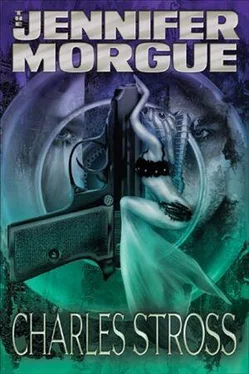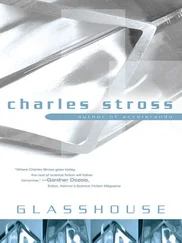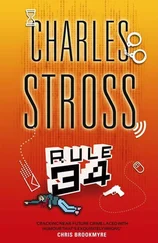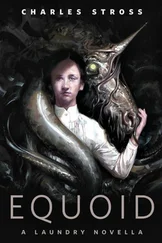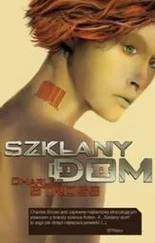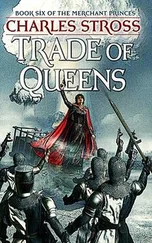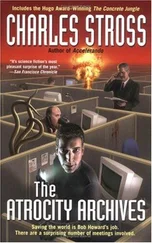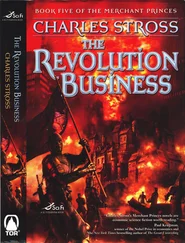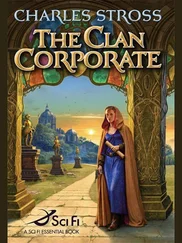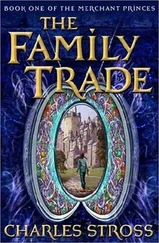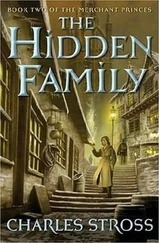Nevertheless, the archetype has legs. James Bond continued to grow and evolve, even after his creator put away his cigarette holder for the last time. To some extent, this was the product of storytelling expediency. The film adaptations started in the middle of a continuing story arc — for Fleming wrote his novels with a modicum of continuity — and while Dr. No was the first to make it to celluloid, the novel was in fact a sequel to From Russia with Love (which was filmed second). Thus, various liberties were taken with the plot of the canonical novels right from the start. You can read the novels at length without finding anything of the banter between Bond and M's secretary Moneypenny that is a recurrent theme of the films, for example, and that's before we get into the bizarre deviations of the midperiod Roger Moore movies (notably The Spy Who Loved Me and Moonraker).
The literary James Bond is a creature of prewar London clubland, upper-crust, snobbish, manipulative and cruel in his relationships with women, with a thinly veiled sadomasochistic streak and a coldly ruthless attitude to his opponents that verges on the psychopathic. Over the years, his cinematic alter ego has acquired the stamina of Superman, learned to defy the laws of physics, ventured into space — both outer and inner — and deflowered more maids than Don Juan. He's also mutated to fit the prejudices and neuroses of the day, dabbling with (gasp!) monogamy, and hanging out with those heroic Afghan mujahedeen in the late-'80s AIDS-and-Soviets-era the Living Daylights. He's worked under a ball-breaking postfeminist M in GoldenEye[2 An excellent piece of casting that places Dame Judi Dench in the role, apparently inspired by real-life MI5 head Stella Rimington, who has taken to writing spy thrillers in her retirement.], and even confronted a female arch-villain in The World Is Not Enough (an innovation that would surely have Fleming, who formed his views on appropriate behavior for the fairer sex in the 1920s, rolling in his grave). But other aspects of the Bond archetype remain timeless. Fleming was fascinated by fast cars, exotic locations, and intricate gadgetry, and all of these traits of the original novels have been amplified and extrapolated in the age of modern special effects.
Just how does James Bond — a "sexist, misogynist dinosaur, a relic of the Cold War," to use the words the scriptwriters on GoldenEye so tellingly put into M's mouth — survive in the popular imagination more than fifty years after his literary birth? What does it mean when Mary-Sue stalks the landscape of the imagination, blasting holes in the plot with a Walther PPK (or the P99 Bond upgraded to in Tomorrow Never Dies)? If we're going to understand this, perhaps we ought to start by looking at Bond's dark shadow, the Villain. In Search of Mabuse Bond is, if you judge him by his work, a nasty fellow and not one you'd choose to lend your car to. In order to make this rough diamond glitter, it is necessary to display him against a velvet backdrop of darkest villainy. If you strip the Bond archetype of the bacchanalia, glamorous locations, and fashion snobbery, you end up with an unappetizingly shallow, cold-blooded executioner — the likes of Adam Hall's Quiller or James Mitchell's Callan, only without the breezy cynicism, or indeed any redeeming features at all. The role of adversary is thus a critical one in sustaining the appeal of the protagonist. Fleming set out to depict a hard-edged contemporary world where the usual black-and-white picture of the prewar thriller had blurred and taken on some of the murky gray-on-gray ambiguity of the Cold War era; Bond was the knight shining armor, fighting for virtue and the free world against the dragon — be they Mr. Big, Dr. No, Auric Goldfinger, or the looming shadow of Bond's greatest enemy of all, Ernst Stavro Blofeld, Number One of SPECTRE, the Special Executive for Counter-intelligence, Terrorism, Revenge, and Extortion.
It is interesting to note that Blofeld assumed his primacy as Bond's #1 enemy only in the movie canon, Fleming originally invented him while working on the screenplay and novel of Thunderball, and used him subsequently in On Her Majesty's Secret Service and You Only Live Twice. (Prior to these later books, Bond typically tussled with less corporate enemies — Soviet stooges, unregenerate Nazis, and psychotic gangsters.) Blofeld was born out of mere corporate expediency.
Rather than demonize the Soviets and reduce their potential audience, the producers of the film From Russia with Love appropriated SPECTRE as the adversarial organization.
With the success of Thunderball, the fourth of the films, Blofeld moved front and center, and acquired a life of his own that far exceeded his prominence in the novels. Arguably, Fleming's death in 1964 freed up the movie series to diverge from their original author's plans; and so Blofeld may be seen as a demon of necessity, conjured up from the vasty deep in order to provide Bond with a worthy adversary.
'Twas not always so. Back at the turn of the twentieth century, around the time that the British spy thriller was gradually cohering out of the mists of the penny dreadful and the literature of suspense (via the works of John Buchan and Erskine Childers — not to mention the tangential contributions of Arthur Conan Doyle, by way of Sherlock Holmes), there was no dualistic vision of the great champion confronting the villainous heart of evil. There was no mighty champion: we were on our own against the masters of night and mist, the great and terrible supercriminals. Professor Moriarty, Holmes's nemesis — the Napoleon of Crime — was but one of these: Fantomas, the 1911 creation of Pierre Souvestre and Marcel Allain, is another. The emperor of crime, Fantomas was a master of disguise and an agent of chaos (not to mention standing astride Paris in black mask, top hat and tails in the posters for the 1913 movie of the same name: an icon of decadent wealth and criminal chaos). Nor was he alone. Guy Boothby's 1890s supervillain Dr. Nikola fits the bill, too, right down to the fluffy lap-cat and the fiendish plans. But perhaps the root of Bond's nemesis can be found in his full-fledged form somewhat later, and somewhat further to the east — in the guise of Dr. Mabuse.
Dr. Mabuse is an archetype and a runaway media success in his own right, famous from five novels and twelve movies. The Doctor was created by author Norbert Jacques, and was developed into one of the most chilling creations of the silent era in 1922 by no less a director than Fritz Lang. Mabuse is a name, but one that nobody in their right mind speaks aloud. He's a master of disguise, naturally, and a rich, wellconnected socialite and gambler. (Some social context: M gambling at the high-stakes table is not so much an innocuous recreation as an obscenity, in a decade of hyper-inflation and starvation, with crippled war veterans dying of cold on the street corners, as was the case in Weimar Germany.) Mabuse has his fingers in every pie, by way of a syndicate so shadowy and criminal that nobody knows its extent; he's a spider, but the web he weaves is so broad that it looks like the whole of reality to the flies trapped within. He is (in some of the stories) a psychiatrist, skilled in manipulation, and those who hunt him are doomed to become his victims. If Mabuse has a weakness it is that his schemes are over-elaborate and tend to implode messily, usually when his most senior minions rebel, hopelessly late; nevertheless' he is a master of the escape plan, and with his ability to brainwash minions into playing his role, he's a remarkably hard phantom to slay.
It is all too easy to make fun of the likes of Fantomas and Dr. Nikola, and even their modern-day cognates such as Dr. Mabuse and Ernst Stavro Blofeld — for do they not represent such an obsessively concentrated pinnacle of entrepreneurial criminality that, if they really existed, they would instantly be hunted down and arrested by INTERPOL?
Читать дальше
